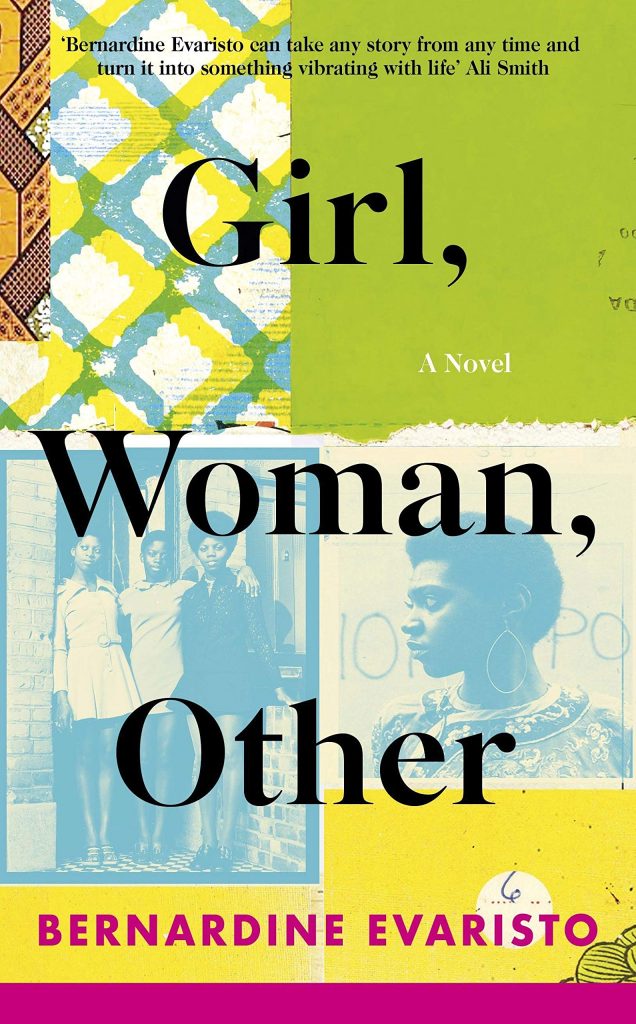This novel opens with one of its twelve principal characters walking over Hungerford Bridge on her way to the National Theatre, and in one of those weird moments of synchronicity that happen more often than cold logic would give life credit for, that is exactly what I found myself doing the day I finished reading Girl, Woman, Other. How could I not think of Amma as I reached the bridge’s mid-point, stopping, as I so often do when making that particular transition, to gaze out at the lights of London, to meditate on where the city is headed, where I see myself now in relation to it?

This is a great symphony of a novel, one in which a number of story threads and character arcs are gradually woven together – or unravelled, if you prefer to see it that way – in a dense and skilfully designed tapestry of narrative. No character is random, no incident irrelevant. And though many of the book’s central characters live in London and the novel has a great deal to say about that city in particular this is far from being exclusively a London novel.
Reading Girl, Woman, Other is an experience not unlike wandering through the departure lounge of an international airport: you watch individuals, couples, families, hear snatches of their conversations, pick up intimations of their worries and dreams, experience fleeting visions of a hundred lives. All are different, yet all are connected. All, for those moments in which you encounter them, seem somehow intimately and uncannily connected with your own.
The way the book is written, the form it takes – an unstoppable river of words alternately close-packed and free-wheeling, skittish – is for me at least its greatest joy. In its disregard for conventional arrangements of paragraphs and cut-and-dried syntax, the novel offers an irresistible invitation to dive right in: to be with its people, to question your own choices, motivations and assumptions, to recognise the role you play in shaping the lives of others and of our body politic. The use of different Englishes and registers of English forms an inalienable part of the work”s innate musicality.
In its interest in the absolute now as the uppermost layer of the peculiar arrangement of time we know as history, Girl, Woman, Other is absolutely a Gordon Burn book. As an intense and vivid evocation of the lives of black British women, how they have always been here and have always mattered, this work is essential. I don’t mind admitting that I fell in love with it, and more than a little.